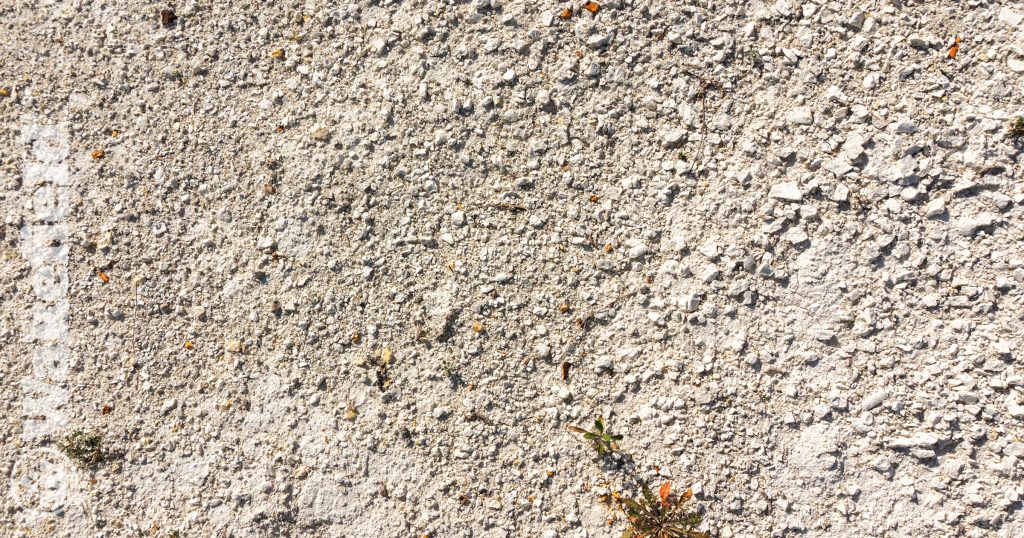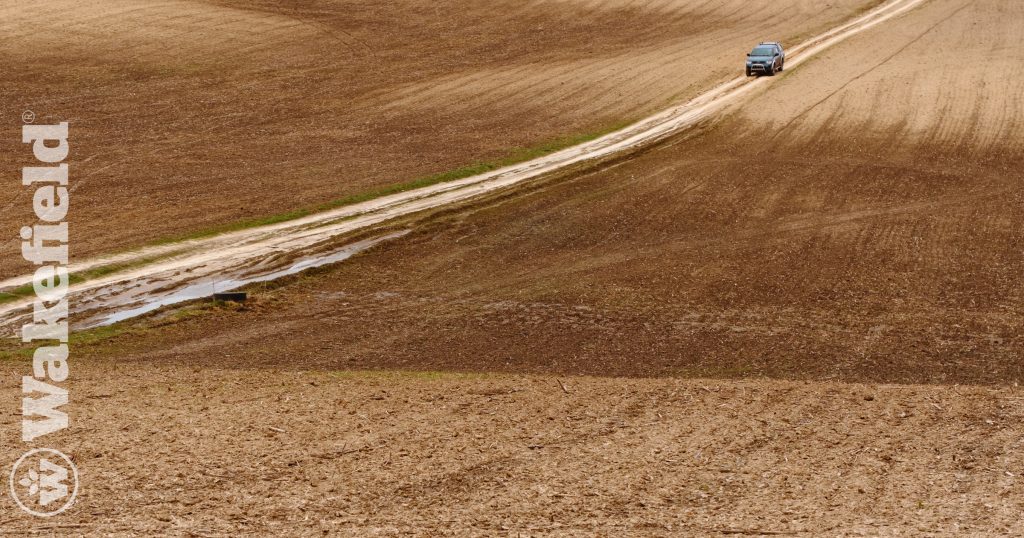Chalky Soil Conditions

Chalky soil can be a real headache. It’s not very fertile, holds little water, and its high alkalinity makes it hard for plants to get the nutrients they need. But don’t worry! With the right help, like Wakefield BioChar, you can still grow healthy plants. This natural soil conditioner, made from recycled wood, boosts your garden’s health year after year.
What Is Chalky Soil?
Chalky soil contains lots of chalk or limestone, which is mostly calcium carbonate. It forms from sediment buildup over time and breaks down easily.
How to Identify Chalky Soil
Chalky soil can look different depending on where you find it. Some parts might be heavy and others light, and many areas will have stones. It might look gravelly or even like clay. To see if your soil is chalky, you can do a simple vinegar test. If a soil sample in a jar of vinegar starts to froth, it contains chalk. For a more accurate result, you can have your soil tested by your county agricultural agent.
Is Chalky Soil Good for Plants?
Chalky soil can make gardening tricky. Its high pH level (7.1 and above) means only plants that like alkaline conditions will thrive unless you amend the soil. Acid-loving plants like azaleas and gardenias won’t do well without amendments. Chalky soil also struggles to hold nutrients and water. Plants in this soil often suffer from nutrient deficiencies, which can cause yellow leaves and poor growth. Plus, chalky soil dries out quickly, so plants need extra watering during hot weather.
How to Improve Chalky Soil
To make chalky soil better for a wider range of plants, you’ll need to amend it. One of the best ways is to use biochar mixed with compost. Biochar improves water retention and soil fertility, making it easier for many different plants to grow.
How Biochar Improves Soil Quality
Biochar is a carbon-rich material made from organic matter like wood. Adding biochar to your soil offers several benefits:
- Boosts Fertility: Biochar promotes beneficial microbial activity, adding more nutrients to the soil.
- Retains Water: It helps soil hold onto water, which is great for chalky soils that dry out fast.
- Captures Carbon: Biochar traps carbon, helping to reduce greenhouse gases.
- Holds Nutrients: It keeps essential nutrients in the soil, reducing the need for chemical fertilizers.
- Improves Structure: Biochar enhances soil structure, reducing erosion and runoff.
Using Wakefield BioChar can transform your chalky soil into a more fertile and productive environment, making it easier for a variety of plants to thrive with less effort.
Learn More From Wakefield Biochar
At Wakefield Biochar, our biochar is made from virgin wood scraps certified by the Forest Stewardship Council. The FSC is an international non-profit organization promoting responsible timber management via forest certification.
We can help you improve the health of your soil, no matter the type, with our all-natural, certified organic soil conditioner. Increase crop yields and grow healthier plants with less work. View our full selection of biochar soil health products.







